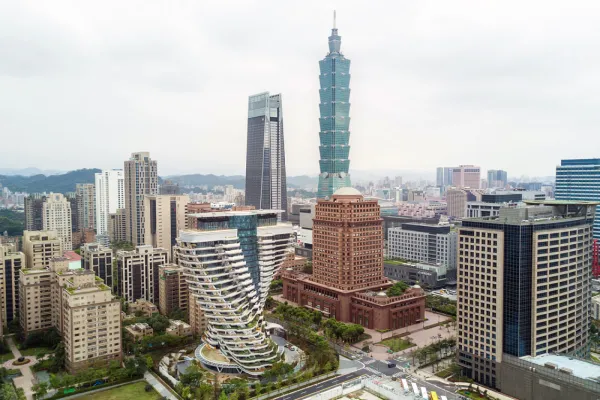The name of the Malaysian sovereign development fund, Khazanah Nasional, translates directly into ‘National Treasure’. It was so named because the country loved Nicolas Cage and his Indiana Jones knock-off movies and so... Wait, what’s that? Oh ok, that’s what thought. I’m being told that this information is incorrect.... It turns out that nobody liked those movies.
Aaaanyway, National Treasure the SDF was so named because in 1993, when Khazanah was launched, it was given a mandate to manage and grow Malaysia’s national treasures by becoming “...a nation-building institution”. Specifically, the SDF was tasked with unlocking the potential of the Malaysian economy through the management and restructuring of government linked companies (GLCs) as well as investing in existing companies that could add value to the Malaysian economy (both domestic and foreign).
I think Khazanah is thus quite an interesting organization. It fits the description of a “dual mandate” investor, which I’ve been talking about in some recent posts (see this, this and this). And, what’s more, the SDF has managed to generate an 11.6% annualized return over the past decade, which is nothing to sneeze at. As such, I’d like to dig in for a second on the structure and strategy of the fund to figure out how it does what it does. Here’s some blurbage from the latest annual report:
“As an active and strategic investor, we are focused on creating sustainable value in all that we do, raising national competitiveness, and cultivating a highperformance culture, as underpinned by our mandate.”
“The long-term strategic investor holds a longer horizon and a higher risk appetite to effect structural changes in the economy, catalyse new investments, and develop new growth areas.”
“We have a proactive investment style which includes the management of our existing investments and driving the GLC Transformation Programme through the Putrajaya Committee on GLC High Performance (PCG). We seek new economy investments and sectors, as well as new geographies that are deemed important to Malaysia’s future.”
So that’s what Khazanah has for mission. How does it execute on this mission?
“We play an active shareholder role in proactively collaborating with these companies and supporting them where necessary to put them on a more solid footing and to help set their strategic direction. We also contribute towards restructuring exercises in instances where we can unlock the value and potential of our Core Investments and push our investee companies to strive for market leadership, helping these “local champions” to explore regional growth strategies in the pursuit of becoming regional and global champions."
What I find interesting about the execution of the fund’s investment strategy is how closely it seems to parallel the “operating partner” model of today’s private equity firms. Indeed, there is an explicit focus within Khazanah to take an active role in the companies, even ensuring that the companies hire “...professional, capable, and experienced board of directors and senior management team.” The SDF also pushes their portfolio companies to upgrade their systems and controls, even helping to put “...key systems and controls in place to underwrite growth and value creation through governance, risk management, performance management, talent management, procurement, internal audit, and investor relations.” Moreover, Khazanah will get involved in the structuring of the companies and even dig into the details of performance monitoring through KPis.
As you can see, running a successful SDF is akin to running a business-development business. As such, A good SDF (as with good PE shops) should really have ‘deal partners’ and ‘operating partners’ that can dig and understand the nuances of the portfolio companies.
Put another way, the success of these organizations demands far more than just “investment experience”. Someone who has spent a career on Wall Street analyzing an industry or sector is perhaps not the ideal person to hire into one of these organizations...






